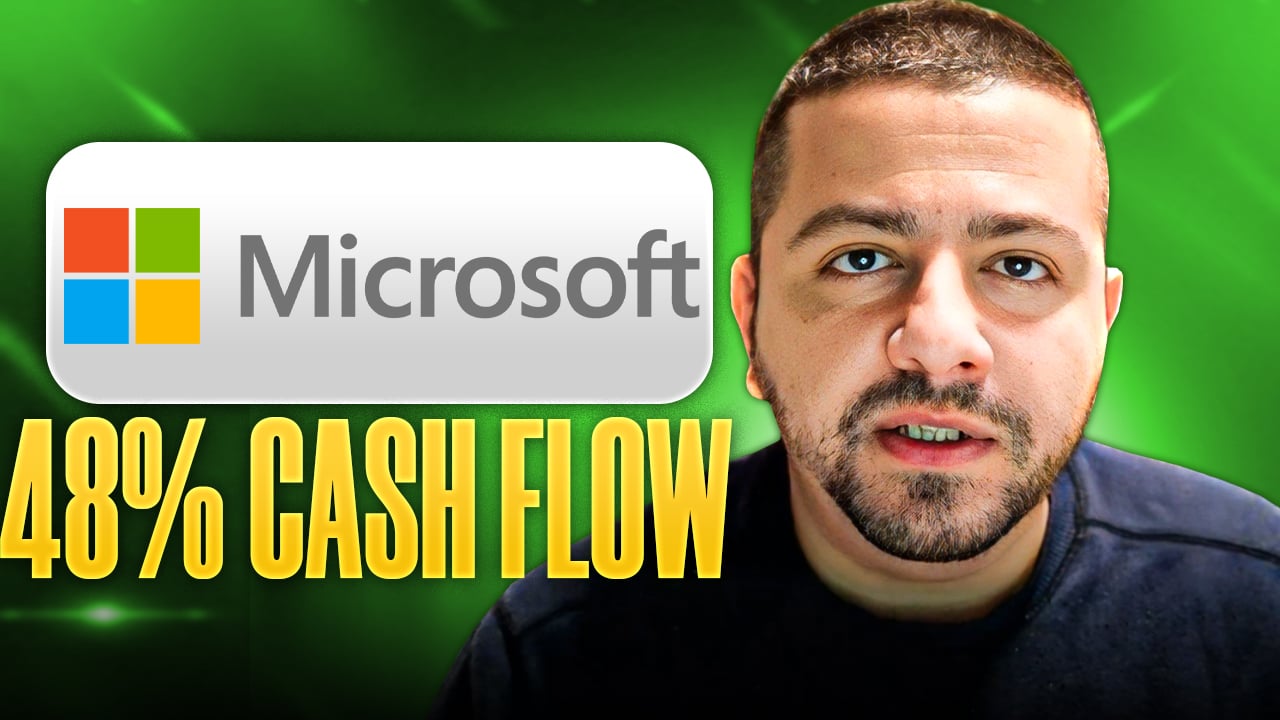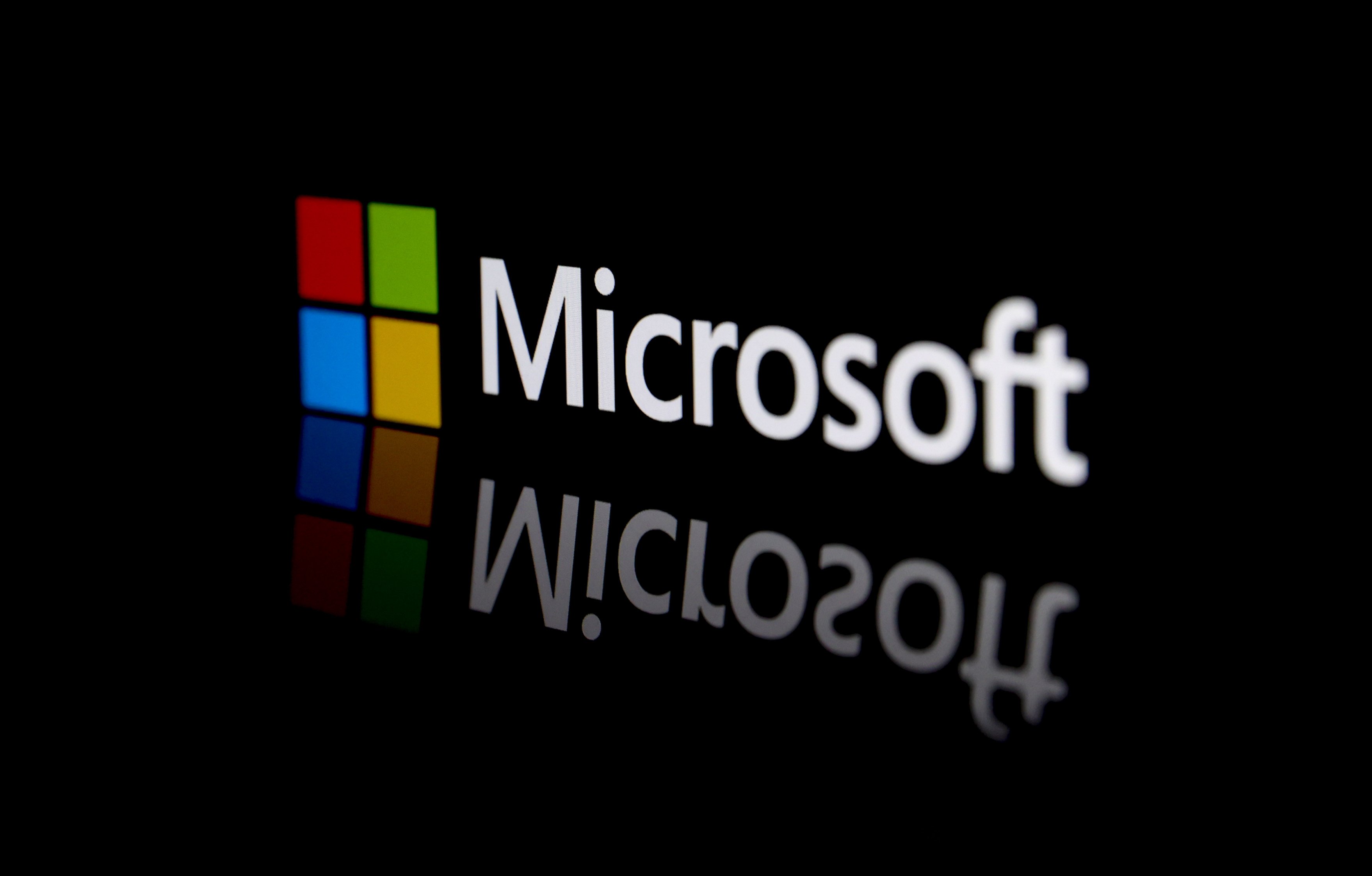Original television programming was planned as a central component of the Xbox One experience. At the console's initial public unveiling, Microsoft (MSFT +1.49%) vocally championed interactive TV and exclusive media content as big differentiators for its console platform. The company also hoped to make its Kinect 2.0 camera a big part of its expanded media plans.
Now, Microsoft has announced that it will layoff 18,000 employees companywide , and close Xbox Entertainment Studios. What does this mean for Microsoft and the Xbox One? How are original content offerings from competitors Sony (SNE +0.69%) and Amazon (AMZN +2.37%) shaping up?
Setting the scene
Microsoft's announcement that it will implement a significant workforce reduction comes after the company completed its $7.2 billion acquisition of Nokia. The purchase of the camera manufacturer was orchestrated with the goal of better positioning Microsoft for an age that looks to increasingly revolve around mobile technology. News that the platform holder will significantly scale back its non-gaming original content operations arrives amid ongoing efforts to change perceptions about Xbox One.
A different One
When Microsoft's newest system was first presented to the public, expanded media integration arguably received more focus than gaming features. The company had seen tremendous success with its Xbox Live online subscription platform, and services like Netflix and Hulu had great engagement on Microsoft's Xbox 360. The desire to engineer a console that served as the long-prized living room entertainment hub pushed the company to emphasize features of the Kinect camera, content deals with the NFL, and new styles of interactive media.
Meanwhile, its chief gaming competitor, Sony, was championing a games-first approach with its latest console. The Xbox One was damaged by a variety of factors related to its original product vision, and Sony's PlayStation 4 has leapt to early mind and market share leads.
Signs that Microsoft is reducing its original TV content focus
This year's E3 conference provided strong indication that Microsoft's focus was shifting away from additional media content and back toward gaming. The June 9 beginning of the trade show coincided with the release of a $399 Xbox One SKU that unbundled the Kinect camera, and Microsoft's press show was almost entirely focused on upcoming software.
The company recently announced that the introduction of the new option had caused North American sales to more than double, relative to the previous month. Sales tracking from NPD Group then indicated that Xbox One approximately 197,000 units in June, representative of a strong performance, but still short of PlayStation 4's approximately 269,000 unit sales in the month.
What will happen to the "Halo" TV projects?
The failure of the initial Xbox One product vision, and the fact that the console is not the market leader, make devoting heavy resources to creating television content a tougher sell. The company has two big "Halo" television projects in the works, both of which are likely to make it to market in one form or another. If either is canceled or significantly scaled back, the move would be indicative of significant production difficulties in conjunction with the company's change in direction.
Projects that are earlier in the development phases, such as a show based on the life of rapper Nas, have a better shot of being scrapped.
What is Sony up to?
While Microsoft looks to be scaling back its original television content endeavors, Sony appears to be increasing production efforts. The company will debut superhero action show Powers through its PlayStation Network, with episodes available at no additional charge for members of PlayStation Plus. Interestingly, the argument could be made that more is known about Powers than either in-development "Halo" project, even though the first of Microsoft's television content related to the series is set to debut this year.
Amazon is creating a vast multimedia library
The interest in creating original TV content is a result of more companies looking to take advantage of service-based models. Amazon, in particular, has been devoting substantial resources to the development of exclusive shows for its Prime platform. While the company is far behind Netflix on this front, it's also substantially ahead of Microsoft and Sony. This is notable because the company is aiming to play a bigger role in the gaming industry.
Amazon representatives may have been careful to avoid calling the recently released Fire TV a gaming console, but the set-top device, and others like it, could have significant effects on the traditional console industry. Device convergence threatens hardware platforms like Xbox and PlayStation. The trend also foregrounds the value of a service-oriented model.
Final Foolish thoughts
The news that Microsoft will move away from original TV content production makes sense, but it's yet another ripple created by initial missteps with the Xbox One. A heavier focus on games is a smart move, although it's hard to spin a reduction in exclusive content efforts as a positive. The shift would come with cost-cutting benefits, and Microsoft still looks to enjoy an advantage over Sony in the exclusive TV content category, yet the rise of competitors complicates the picture. As smart-TVs and set-top boxes increasingly incorporate gaming features, platforms like Xbox and PlayStation face pressures to improve and diversify their content offerings.






